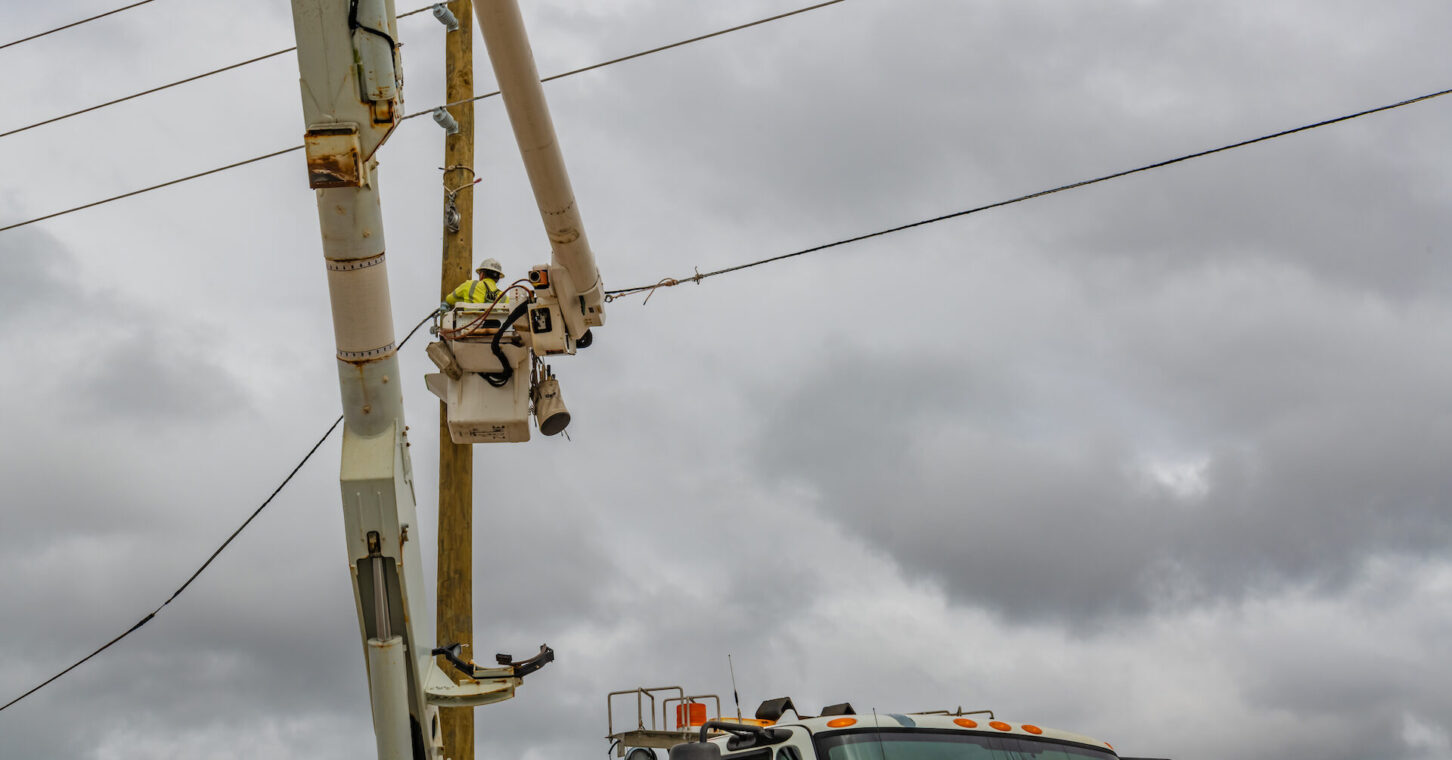
A faint nightlight shined steadily in the basement room where my whole family spent a restless Thursday night, offering hope that things wouldn’t be as bad as we feared. The power was still on. That was a good start.
As daylight broke Friday morning, millions of Georgians were not as lucky. Hurricane Helene left a wide scar centered on a line running from Valdosta to Augusta. The pictures from news reports and social media were devastating: uprooted trees, downed utility lines, scattered bits of buildings that once fit together.
Rising waters, too. The part of Atlanta where I live escaped the worst Helene brought, but we got a heavy dose of flooding.
News cameramen set up their tripods just blocks from our house, documenting the ludicrous excursion Peachtree Creek’s waters took from its banks. Acres and acres of yards and parks crisscrossed by roads were totally inundated. Overhead footage showed treetops looking like broccoli florets floating in a creamy brown broth. The current flowed visibly through a near-neighbor’s yard and over at least four submerged vehicles, a couple of hundred feet from where the creek normally is contained. Several nearby roads were impassable because of the creek’s overflow.
There remained doubt as of this writing as to how much worse things might get before they got better. The pounding sheets that rained upon the Blue Ridge Mountains must run downhill sometime, and that probably means streaming across Georgia’s saturated watersheds. Word of compromised dams in eastern Tennessee and western North Carolina sounded like the kind of catastrophe that could yet upstage all that had already come to pass.
For now, we’ll stick with what is certain. And amid the loss – which was still being discovered and tallied in parts of Georgia hammered much harder than mine – what is certain is the gratitude we owe those brave souls who step out into these chaotic situations to restore order.
“Essential workers,” we called them during the pandemic. That rubbed some people the wrong way; when debating who will be allowed to go back to their jobs, our public officials should have kept in mind that everyone’s livelihood is essential to their own family.
But people think about different types of jobs differently when they need to step out of their front door into an inflatable watercraft that is floating there only because a rescue worker brought it.
We call them “firefighters,” but we remember they’re “fire rescue workers” when the danger is something other than a flame. I watched one of their trucks speed down the road before dawn Friday, hurrying to a flooded neighborhood. House by house, they brought stranded residents to safety. The sound of siren after siren blaring in the distance signaled that it wasn’t an isolated incident.
Not far away, DOT workers were out inspecting a heavily trafficked bridge that now barely hovered over the swollen waters. That scene repeated itself in numerous places to guard against motorists encountering unsafe roadways. (To see the number of cars abandoned after unsuccessful attempts at crossing obviously swamped roads, it’s clear many motorists weren’t thinking for themselves about what they were driving on.)
Where the roads were clear of water, they were often blocked by fallen trees and power lines. Here, the roving teams of linemen descended methodically to clear and repair them. These people are practically nomadic during hurricane season, setting their courses for pretty much everywhere The Weather Channel sends reporting crews in rain gear. From Mississippi and Oklahoma and Pennsylvania and many other places they came in their bucket trucks, restoring the civilizing effect of flowing electrons.
Of course there are many others, like police officers and paramedics, who hold society together in these moments. And still others simply serve their neighbors in need.
But these truly essential workers risk much in these crises to offer us rays of hope. We owe them more thanks than they get.
If you want to help those impacted by Hurricane Helene, we outlined a few organizations to consider that are helping Georgians right now.